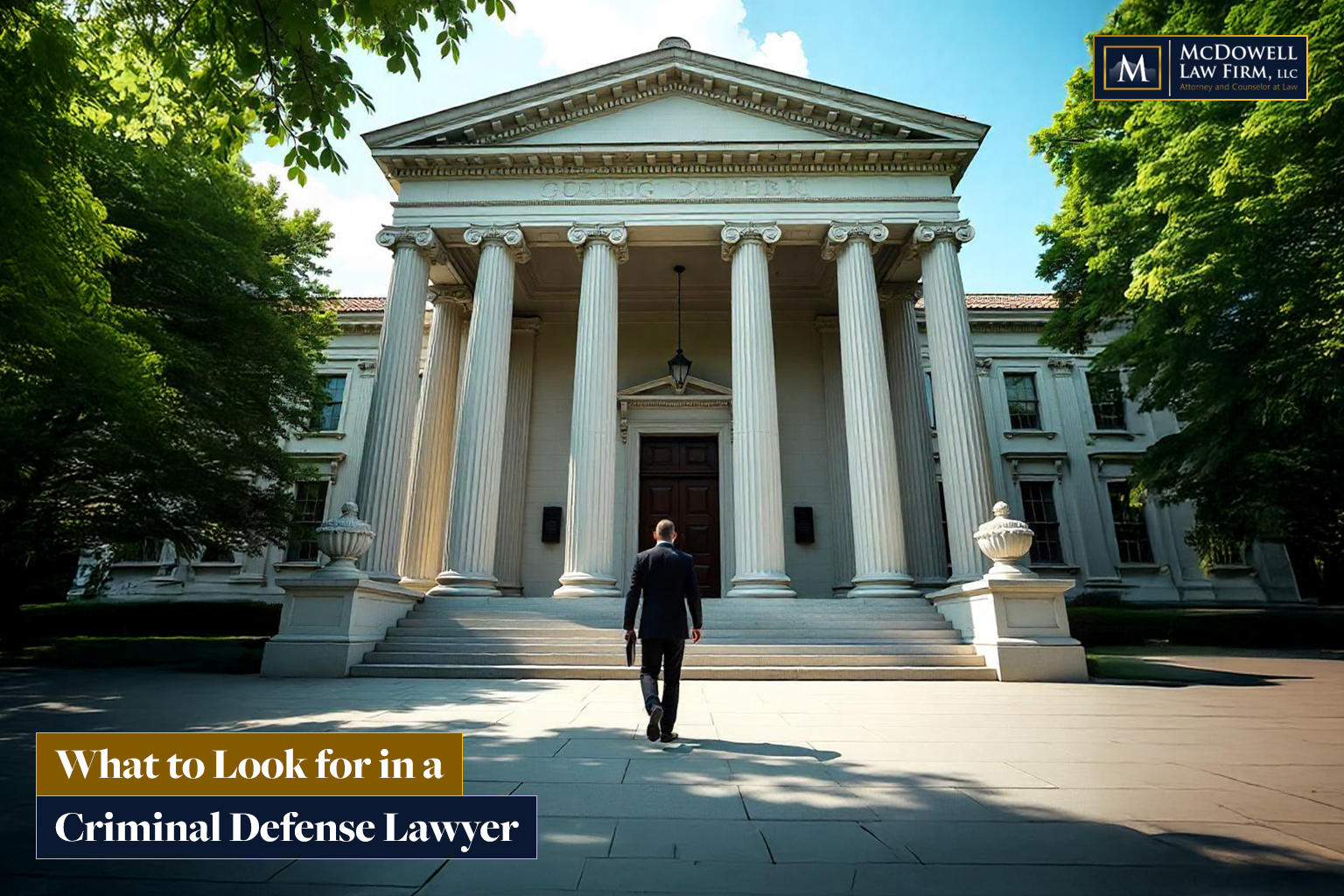Protection orders (often called restraining orders) are court orders intended to protect someone from harassment, abuse, or contact by another person. In Colorado, violating a protection order is not just a civil matter—it can lead to criminal charges. So actually what happens if you violate a restraining order in Colorado – Whether the order was issued in a civil case or as part of a criminal case, a breach can result in prosecution under Colorado law. This article, written from a criminal defense perspective, explains the key differences between civil and criminal protection orders, the laws governing their violation, the levels of offenses and penalties, relevant case law, and possible legal defenses.
Civil vs. Criminal Protection Orders: What’s the Difference?
Civil Protection Orders
A civil protection order is typically issued by a civil court (often in situations involving domestic abuse, stalking, or harassment) upon request of a person seeking protection. It is initiated by a private party (the petitioner) against another individual (the respondent). Violating a civil protection order can lead to two types of consequences: criminal prosecution or civil contempt. In other words, the protected person can call the police and trigger criminal charges, or they may ask the civil court to hold the violator in contempt. Often, criminal prosecution is the more common route for serious violations, as law enforcement is empowered to arrest a restrained person who has probable cause for violating an order.
Criminal Protection Orders
In any Colorado criminal case—especially those involving domestic violence—courts issue a mandatory protection order (sometimes called a restraining order against the defendant, also known as an 18-1-1001 order). This order is automatic when someone is charged with a crime and usually forbids the defendant from contacting or harassing the victim or witnesses while the case is pending. The defendant is informed in court that violating this order can be punished as contempt of court.
Moreover, Colorado law makes it clear that failing to comply with a criminal protection order is itself a crime: “Any person failing to comply with a protection order issued pursuant to this section commits the crime of violation of a protection order.” This means even if the original criminal charges are later dropped or the defendant is acquitted, any violation of the no-contact order in the meantime can be prosecuted as a separate offense.
Violation of Protection Order Colorado: Key Distinction between Criminal & Civil
The primary difference lies in how the order originates (civil case vs. criminal case) and in enforcement mechanisms. Civil orders are initiated by individuals and can be enforced by civil contempt in addition to criminal charges. Criminal orders are initiated by the state in a criminal prosecution and tied to that proceeding, but their violation is handled within the criminal justice system (often as a new criminal charge). Importantly, any valid Colorado protection order—whether civil or criminal—falls under the protection of Colorado’s criminal law if violated. The law does not excuse violations simply based on who requested the order or in what court it was issued.
Statutes Governing What happens if you Violate a Restraining Order in Colorado
Definition of a Violation
Under Colorado law, a person commits the crime of violating a protection order if they do any of the prohibited acts after having been properly notified of the order. The statute requires that the restrained person was personally served with the order or otherwise had actual knowledge of it. Once that notice requirement is met, any intentional breach of the order’s terms is a crime.
Common examples of violations include:
- Contacting or communicating with the protected person (by phone, text, social media, in-person, through third parties, etc.).
- Coming within a prohibited distance of them or their home.
- Going to places the order bans you from.
- Hiring someone to locate or harass the protected person.
- Possessing a firearm when prohibited by the order.
Knowledge of the Order: An important element is that the defendant must have known about the order. In practice, this means the order was formally served or read to the person in court, or the person otherwise was informed by authorities. If someone truly had no notice that an order was in effect, that can be a defense. However, once you have been served or told of the order, you are expected to comply strictly. Lack of intent or misunderstanding the terms may not excuse the behavior if the act itself was deliberate.
Violation of Protection Order Colorado: Offense Levels and Penalties
| Offense Level | Circumstances | Maximum Penalty |
| Class 2 Misdemeanor (default) | First-time violation of protection order. | Up to 120 days in jail and/or up to $750 fine. |
| Class 1 Misdemeanor (enhanced) | Violation involving domestic violence, criminal protection order, or repeat offense. | Up to 364 days in jail and/or up to $1,000 fine. |
| Class 5 Felony (“Habitual DV Offender”) | Fourth or subsequent offense involving domestic violence. | 1 to 3 years in state prison, $1,000 to $100,000 in fines. |
Colorado Case Law and Legal Precedents on Protection Order Violations
Consent of the Protected Person is Not a Defense
Colorado courts have ruled that a protected person’s willingness to have contact does not legalize the contact. The protected person cannot waive the court’s order on their own. Even if the victim initiates a meeting or says they won’t report a violation, the restrained person can still be arrested and prosecuted because only the court can modify or dissolve the order.
Knowledge and Service Requirements
Colorado law requires that the defendant knew about the order (through personal service or actual notice) before they can be convicted of violating it. If an order was not properly served, the charge may be dismissed.
Separate Charges for Each Order or Incident
If multiple protection orders exist, or multiple incidents of violation occur, Colorado courts allow separate charges. For instance, contacting the protected person on three different days could be charged as three counts of violation.
Legal Defenses to Alleged Protection Order Violations
Common defenses include:
- Lack of Knowledge or Service: If you were never served with the protection order and genuinely had no actual knowledge of it, you have a strong defense.
- No Violation Occurred / Factual Dispute: The alleged violation didn’t happen or the facts have been misrepresented.
- Lack of Intent – Incidental or Accidental Contact: If contact was purely accidental, this can negate the willfulness needed for a conviction.
- Order Not Clear or Not Applicable: If the behavior wasn’t actually prohibited by the wording of the order, it may not be a violation.
- Entrapment or Induced Violation: If law enforcement or the protected person pressured or tricked the defendant into violating the order, entrapment could be a defense.
Conclusion
Violations of protection orders, especially domestic violence charges in Colorado, are taken very seriously by the courts. The law mandates strict compliance, and even seemingly minor violations can result in criminal charges. If you or someone you know is accused of violating a protection order, consulting with a Colorado springs criminal lawyer is crucial to navigating the case and exploring potential defenses.
Sources:
- Procedure for civil protection orders (court advisement on criminal penalty for violations) – Colorado Revised Statutes § 13-14-106(1)(a)
- Colorado Revised Statutes § 18-1-1001 – mandatory protection order in criminal cases (violation constitutes crime)
- Crime of violation of a protection order (elements and classes of offense) – Colorado Revised Statutes § 18-6-803.5
- Colorado Revised Statutes § 18-1.3-501 – misdemeanor sentencing ranges (Class 1 & 2 misdemeanor penalties)
- Colorado House Bill 16-1066 Summary – habitual domestic violence offender law (felony after 3 prior DV offenses)
- Hotsenpiller v. Morris, 2017 COA 95, 488 P.3d 219 – consent of victim is not a defense to violating a protection order
- People v. Delfeld, 503 P.3d 902 (Colo. App. 2022) – enforcement of mandatory protection order despite issues in underlying case



